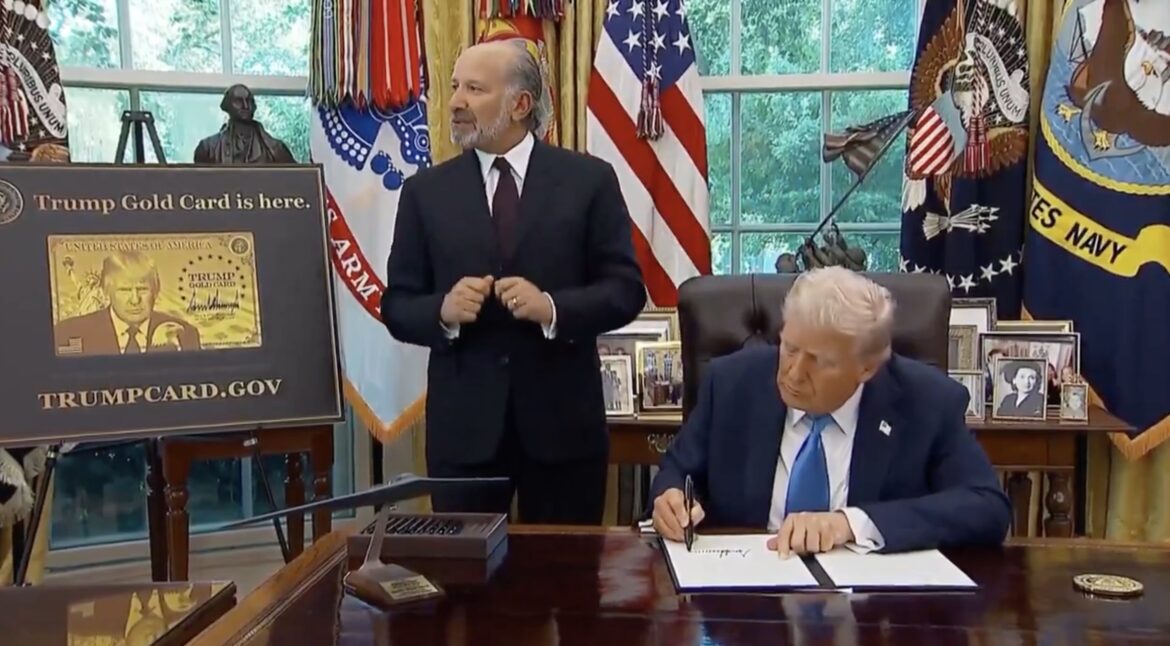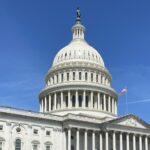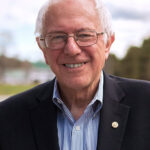In a sweeping policy move expected to reshape the U.S. visa landscape and impact technology firms across South Asia, President Donald Trump signed a proclamation on September 19, 2025, at the White House requiring companies that sponsor H-1B visa holders to pay an annual fee of $100,000. The new regulation takes effect at 12:01 a.m. EDT on September 21.
A White House official on September 20 clarified that the new fee rules will only apply to new applicants. They don’t impact the existing visa holders.
The proclamation stated, “The H-1B nonimmigrant visa program was created to bring temporary workers into the United States to perform additive, high-skilled functions, but it has been deliberately exploited to replace, rather than supplement, American workers with lower-paid, lower-skilled labor.”
It argued that “large-scale” misuse of the program has suppressed wages, disadvantaged American workers, and undermined national security. The statement further noted that systemic abuse made it harder for U.S. companies to attract the most highly skilled foreign professionals, particularly in science, technology, engineering, and math (STEM) fields.
When asked about industry reaction, President Trump said, “I think they’re going to be very happy. Everyone’s going to be happy, and we’re going to be able to keep people in our country that are going to be very productive people. In many cases, these companies are going to pay a lot of money for that…”
He emphasized that the policy incentivizes companies to prioritize American workers, remarking, “How do you do that? You hire Americans? So, there’s an incentive to hire an American…”
The White House defended the new fee as a safeguard ensuring that H-1B visas go only to “very highly skilled” individuals who cannot be easily replaced by American workers. “So, it’ll protect American workers, but ensure that companies have a pathway to hire truly extraordinary people and bring them to the United States.”
Secretary of Commerce Howard Lutnick underscored the administration’s intent to deter overreliance on foreign workers. “Is the person valuable enough to have $100,000 a year payment to the government, or they should head home, and they should go hire an American? It can be a total of six years, so $100,000 a year,” Lutnick said.
He stressed that the policy is designed to halt large firms from training foreign workers at lower costs. “If you’re going to train somebody, you’re going to train one of the recent graduates from one of the great universities across our land. Train Americans, stop bringing in people to take our jobs,” Lutnick added.
Alongside the H-1B changes, President Trump signed an executive order launching the “Gold Card,” a new visa program for individuals of “extraordinary ability.” Under this initiative, applicants may obtain expedited visa treatment by paying $1 million to the U.S. Treasury personally or $2 million through corporate sponsorship.
When asked whether the program was intended to encourage investment and job creation, President Trump responded, “correct assessment.” He highlighted that the U.S. visa system has admitted more than 25 million people and stressed the need for a shift toward individuals with exceptional expertise.
“We need people of expertise, great expertise, and I think it’s going to be a fantastic thing. We’re going to take that money and we’re going to reduce taxes, we’re going to reduce debt… We can take care of poor people. We can take care of our military,” Trump said.
Lutnick cited data from the existing employment-based Green Card program, noting that it historically admitted 281,000 people annually, with an average income of $66,000 and a higher likelihood of requiring public assistance. “So, what we are doing now is we are going to stop doing that. We’re going to only take extraordinary people at the very top,” he said.
The administration projects the Gold Card program could generate more than $100 billion for the U.S. Treasury. President Trump called it a cornerstone of what he termed a new “golden age.”
“We’re having people come in… they’re going to spend a lot of money to come in. They’re going to pay as opposed to walking over the borders,” he noted, reiterating his administration’s stance that immigration must occur legally through regulated pathways.
Indian Government Reacts
Taking cognizance of the proclamation, India’s Ministry of External Affairs issued a statement on September 20, noting that the full implications of the measure are being studied by all concerned, including Indian industry, which has already released an initial analysis clarifying some perceptions related to the H-1B program.
The statement emphasized that industry in both India and the U.S. has a stake in innovation and creativity and is expected to consult on the best path forward.
“Skilled talent mobility and exchanges have contributed enormously to technology development, innovation, economic growth, competitiveness and wealth creation in the United States and India. Policy makers will therefore assess recent steps taking into account mutual benefits, which include strong people-to-people ties between the two countries,” the statement noted.
It also cautioned that the measure is likely to have “humanitarian consequences” due to the disruption caused for families, expressing hope that these disruptions can be suitably addressed by U.S. authorities.
Indian American Groups Respond
The President’s latest move has drawn sharp criticism from Indian American community organizations and lawmakers.
Congressman Raja Krishnamoorthi (D-IL) denounced the decision, stating, “President Trump’s $100,000 H-1B visa fee is a reckless attempt to cut America off from high-skilled workers who have long strengthened our workforce, fueled innovation, and helped build industries that employ millions of Americans.”
He emphasized that many H-1B holders eventually become citizens and launch businesses that generate good-paying jobs in the U.S. “While other nations race to attract global talent, the United States should strengthen its workforce and modernize our immigration system—not erect barriers that weaken our economy and security,” he said.
The Hindu American Foundation (HAF) noted that thousands of Hindus in the U.S. are “confused, frightened, and filled” with questions following the sudden proclamation.
“We are waiting for more clarification and guidance regarding this announcement, its legality, implications for those going to India for visa stamping and more,” HAF added. “We are in solidarity with these talented, highly skilled workers who have made enormous contributions to our country, done everything right and followed every law to be in our country legally—they deserve dignity, respect and lawful treatment.”
Calling the $100,000 fee for H-1B visas a “very unfortunate policy,” Khanderao Kand of the Foundation for India and Indian Diaspora Studies (FIIDS) warned that it would have a huge negative impact on the business community, particularly the tech industry and U.S.-educated STEM talent, who are already facing challenges from AI and tariffs.
In light of the rapidly evolving situation, an Indian American immigration attorney, Devang Shah, advised, “We encourage employers and employees to stay informed and consult with our office before initiating any new H-1B filings for candidates abroad. We are committed to guiding you through these changes and advocating for policies that support both business needs and fair immigration practices.”
Another immigration attorney, Anantha Paruthipattu, added that under current circumstances, some applicants may be able to “obtain national interest exemptions,” but details on who qualifies are still unclear. He urged applicants to consult attorneys to better understand their options.






